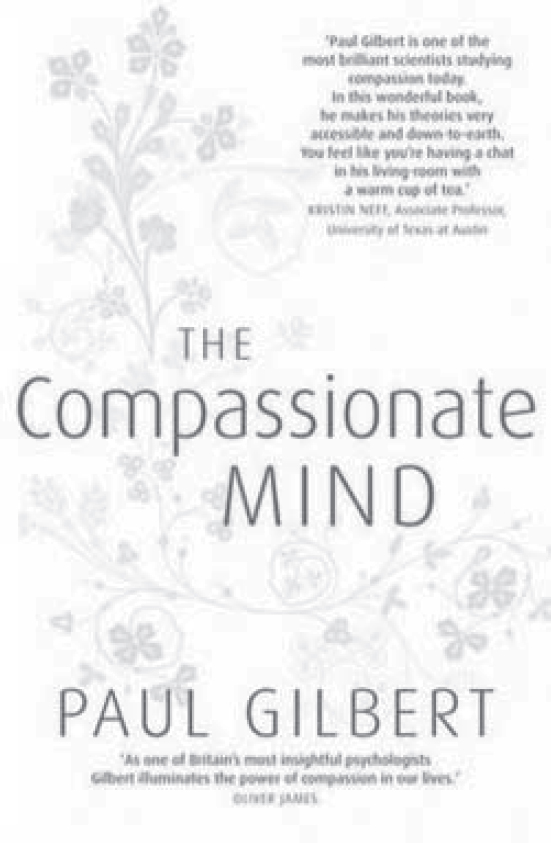
For many years Professor Paul Gilbert has been one of the most original and creative British clinical psychologists. This book not only confirms this status, but will bring him many more admirers. In part 1, Gilbert outlines the science behind compassion; in part 2, he talks about building the compassionate self through a number of skills and exercises. The breadth of sources used throughout the book reveals Gilbert's scholarship and ranges from Freud, Jung and Bowlby to Kelly, Beck and Ellis, to name but a few. He even manages to bring in the well-known but somehow never dated, experimental work of Asch, Zimbardo and Milgram.
What is compassion? Gilbert does not attempt a definition until page 217. Here he states, ‘Compassion can be defined as behaviour that aims to nurture, look after, teach, guide, mentor, soothe, protect, offer feelings of acceptance and belonging in order to benefit another person.’ However, quite a few of the exercises in part 2 are focused on the development of compassion towards the self. Compassionate mind training is about ‘learning to bring balance to our three different types of emotion regulation systems – namely the system that focuses on threats to self-protection, the incentive resource seeking system that focuses on wants and achievements and the soothing contentment system that focuses on safeness and connectedness’ (p. 477).
Gilbert's work ties in nicely with the current emphasis on well-being as seen in the government's New Horizons policy document. It is one of several approaches that provide an underlying theoretical structure for the concept of well-being. Given the length of the book and its 48 pages of notes, I am not sure of its utility as a stand-alone self-help guide. However, there is no doubt that it could form the basis of a very useful training course in developing compassion, both for mental health professionals and for people who use our services. It also has wider social implications for the sort of society we want to live in. Recommended.



eLetters
No eLetters have been published for this article.